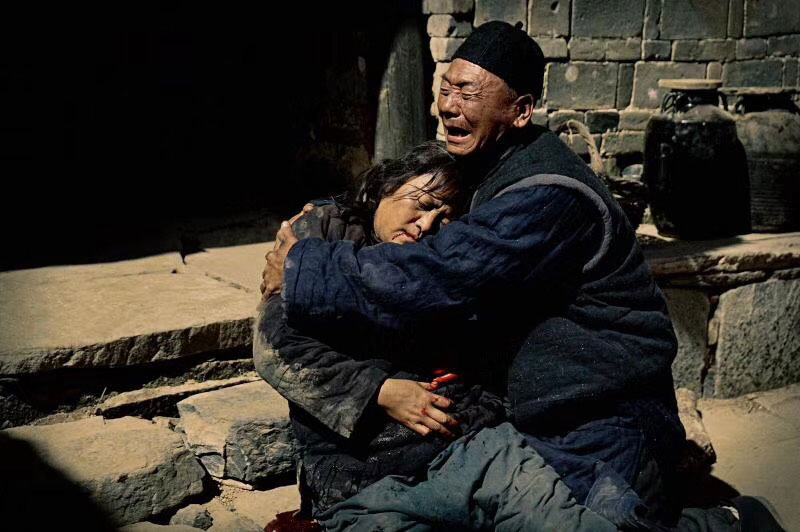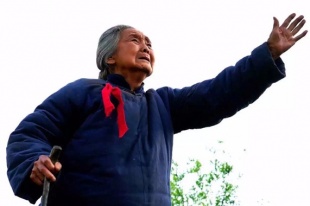Film confronts horrors of 'comfort women'


In the creative set piece, the unfolding narrative is seen from the perspective of Zhang Shuangbing, a former primary schoolteacher who has been researching the history of comfort women in Shanxi province since the 1980s.
Over the past 36 years, Zhang has interviewed 127 female survivors, and has accompanied 16 of them on several occasions over recent years to file lawsuits against the Japanese government, demanding an apology and compensation for wartime atrocities.
When the movie began test screenings earlier this month, only one of the 127 women he talked to remained alive. Zhang says he couldn't hold back tears as he watched the 126 names of the dead women framed in black roll through the closing credits of the film.
"I'm not a film critic and I don't know how to artistically review a movie. But I know what I've heard from those women needs to be heard by more people," says Zhang, who also attended the Peking University screening.
"Some critics suggest films that re-create the traumas and nightmares of the past also force survivors to relive the horror all over again," says Zhang.
"But I've never agreed with this view. I've sat and talked to these women who have buried the pain of their secrets for many years, and tolerated misunderstanding and bias from those they have cared for over the decades. Most of them really wanted to speak out-it helped give them peace during their final years," he adds.





































